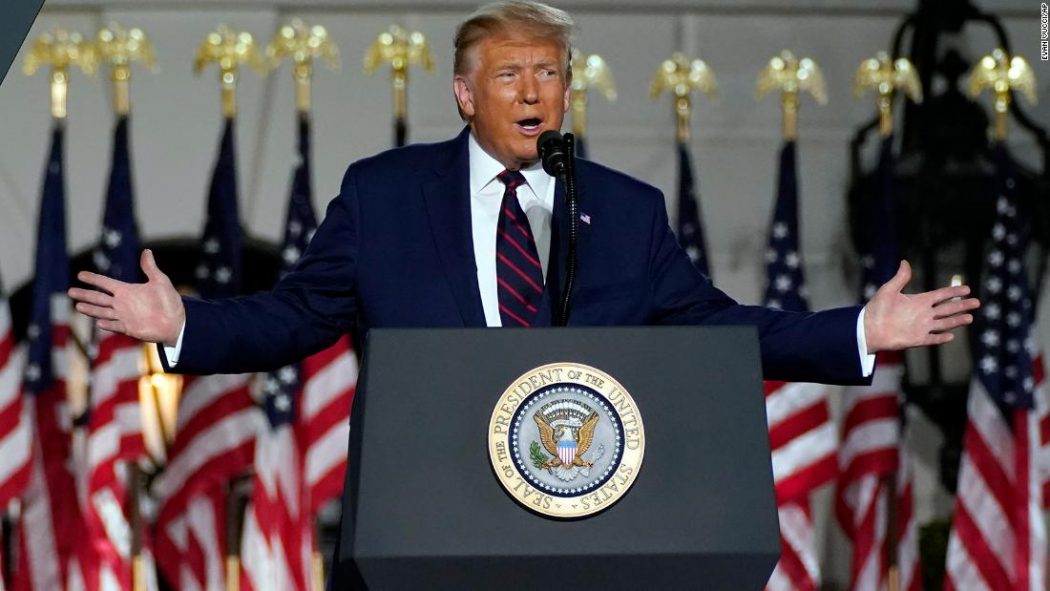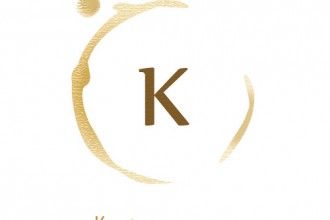“Congress shall make no law…. abridging the freedom of speech” reads the opening to the first amendment ever penned to the US constitution, but the words which are becoming more relevant to our daily modes of expression are those of Section 230 of the Communications Decency Act. It states that social media companies are not publishers under law, allowing them to platform public content while exempt from legal accountability. Companies which had previously ascribed to such an advantageous tenant with glee are now behaving more like the publishers whose profits they siphon.
Social media companies owe their very existence to such a fortunate law. No company which platforms content generated by a user base unrestrained by oversight could have been launched, or continue to operate, had they been forced to shoulder the expense of a full team of moderators. The uniqueness of such a law to the United States has kept many firms based south of the border.
Posters such as you, me, and Trump are responsible for our statements, not the platforms on which we post them. Journals like the Bull & Bear would never be able to handle the responsibility of allowing all letters to the editor to be published because, in so publishing them, they are held responsible for the words and statements of their readership. Newspapers, unlike online platforms, have to be highly selective over what content is shown on their platform, usually by hiring few writers and many editors.
Facebook, in fact, currently has trouble moderating the few instances for which they are responsible. A group of moderators sued their employer last year for $52-million in recompense for armchair post-traumatic stress disorder. Tumblr, being strong-armed by Apple into addressing the spread of child pornography on their website, under threat of removal from the App Store, was only able to respond by algorithmically deleting all pornographic material off of their servers, a feat which, mind you, has yet to be accomplished in its entirety.
If the same programs responsible for police and military facial recognition programs cannot correctly screen a picture for the regular shape of the average nipple, there can be no trust for it to correctly screen walls of text for hate-speech over a multitude of languages in consideration of varying customs, tones, and the all so allusive tinge of irony or humour.
The implication of Section 230 is that platforms don’t have the leeway to heavily screen content without the responsibilities that come with such a prerogative. In moderating their platforms as they see fit, the social media giants are behaving like a publisher, something which they explicitly aren’t. Their privilege of exemption from the status implicitly negates any benefits of that status of publisher.
The section has recently come under heavy fire from either side of the podium, with Republicans claiming suppression favouring the left, and Democrats claiming leeway favouring the right. The late American election has seen such companies anxiously targeting mere political murmurs with fact-check banners, going so far as to deny the last president their platforms. Infamous for his online activity, Mr. Trump had threatened to repeal section 230, signing an executive order in May for the Federal Communications Commission to propose and clarify regulations.
Since then, the recent siege on the White House has compelled tech giants to ban the users who had instigated the event and de-platform the alternative social media platforms to which they would run. Most notably, Parler, one such platform which had gained a following of 12-million members and had briefly become the most popular free app on Apple’s app store in America, was removed from both it and Google’s play store, as well as being barred from Amazon’s website hosting service, effectively removing it from the web. World leaders, not themselves well disposed to Trump’s rudeness, have vocally denounced the act.
While it’s removal is not inherently an issue of free speech, which only applies to government, the power which Google, Apple, Amazon, Facebook, Twitter, and others have shown in, not only banning a fringe political community (even a racist one prone to violence) from their services, but also in denying them the ability to migrate to a rival platform, poses clear anti-trust ramifications. This textbook oligopolistic power move is enabled by both an inability to enter the market and the rights to inexpensive moderation afforded under Section 230, a section which is undermined by the same action which it enabled.








